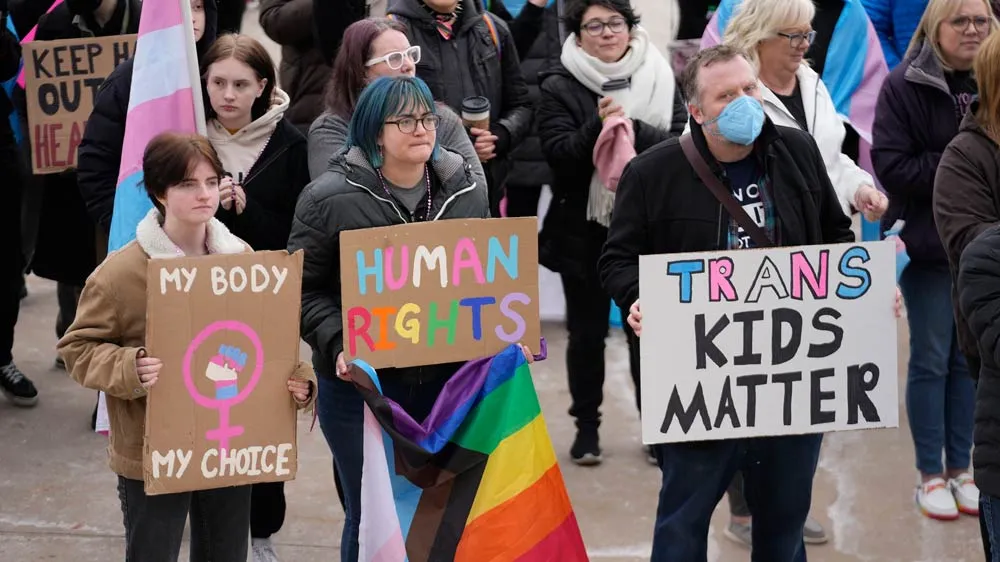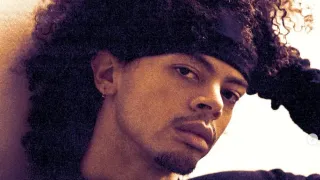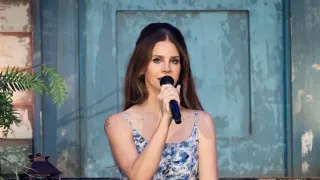November 18, 2020
Pfizer: COVID-19 Shot 95% Effective, Seeking Clearance Soon
Linda A. Johnson READ TIME: 2 MIN.
Pfizer says that more interim results from its ongoing coronavirus vaccine study suggest the shots are 95% effective and that the vaccine protects older people most at risk of dying from COVID-19.
The announcement, just a week after Pfizer first revealed promising preliminary results, comes as the company is preparing within days to formally ask U.S. regulators to allow emergency use of the vaccine.
Pfizer initially had estimated its vaccine, developed with German partner BioNTech, was more than 90% effective after 94 infections had been counted. With Wednesday's announcement, the company now has accumulated 170 infections in the study -- and said only eight of them occurred in volunteers who got the actual vaccine rather than a dummy shot. One of those eight developed severe disease, the company said.
The company has not yet released detailed data on its study, and results have not been analyzed by independent experts.
Pfizer said its vaccine was more than 94% effective in adults over age 65, though it is not clear how the company determined effectiveness in older adults, with only eight infections in the vaccinated group to analyze and no breakdown provided of those people's ages.
Earlier this week Moderna, Inc. announced that its experimental vaccine appears to be 94.5% effective after an interim analysis of its late-stage study.
Pfizer says it now has the data on the vaccine's safety needed to seek emergency authorization from the Food and Drug Administration.
The company didn't disclose safety details but said no serious vaccine side effects have been reported, with the most common problem being fatigue after the second vaccine dose, affecting about 4% of participants.
The study has enrolled nearly 44,000 people in the U.S. and five other countries. The trial will continue to collect safety and efficacy data on volunteers for two more years.
Pfizer and BioNTech said they expect to produce up to 50 million vaccine doses globally in 2020 and up to 1.3 billion doses in 2021.
U.S. officials have said they hope to have about 20 million vaccine doses each from Moderna and Pfizer available for distribution in late December. The first shots will be offered to vulnerable groups like medical and nursing home workers, and people with serious health conditions.
___
The Associated Press Health and Science Department receives support from the Howard Hughes Medical Institute's Department of Science Education. The AP is solely responsible for all content.







